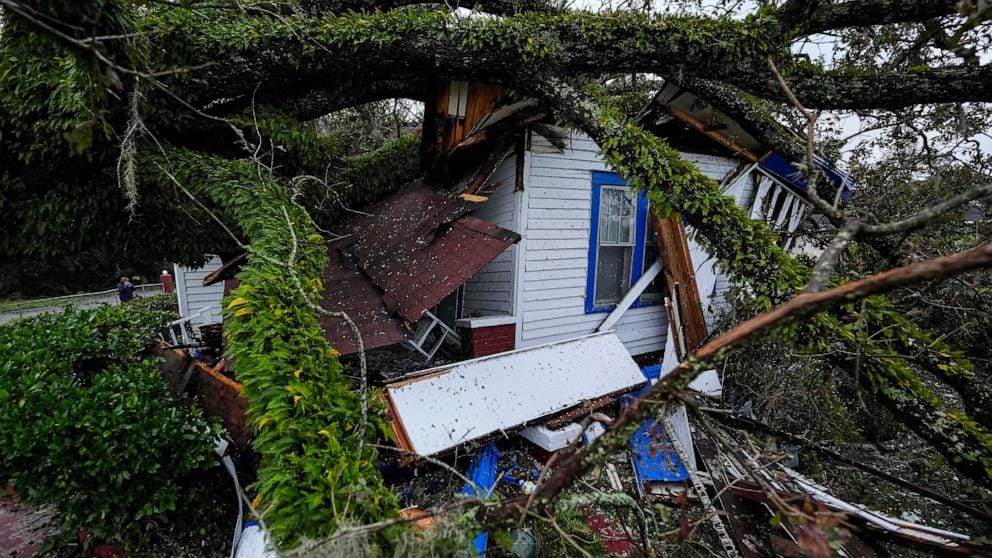FEMA's Funds Depleted Amidst Hurricane Season, Urgent Congressional Action Required
In a critical juncture for disaster management across the United States, the Federal Emergency Management Agency (FEMA) has publicly acknowledged a significant shortfall in its Disaster Relief Fund, potentially leaving it unable to sustain operations through the peak of the 2024 hurricane season. This revelation, confirmed by Homeland Security Secretary
In a critical juncture for disaster management across the United States, the Federal Emergency Management Agency (FEMA) has publicly acknowledged a significant shortfall in its Disaster Relief Fund, potentially leaving it unable to sustain operations through the peak of the 2024 hurricane season. This revelation, confirmed by Homeland Security Secretary Alejandro Mayorkas, underscores a growing concern over the agency's capacity to respond to natural disasters at a time when such events are both frequent and severe.
FEMA's funding crisis has been brewing for months, with projections from earlier in the year suggesting that the Disaster Relief Fund would be exhausted by August, right at the height of what was predicted to be a very active hurricane season. Despite having received a $20 billion replenishment from Congress as part of a short-term government funding bill, the combination of record-breaking disaster costs from 2023 and ongoing expenses has drained the reserves faster than anticipated.
The immediate impact of this financial shortfall has been stark. FEMA has been forced to implement emergency measures, prioritizing life-saving and life-sustaining activities while pausing hundreds of recovery projects nationwide. This decision affects communities still reeling from previous disasters, delaying much-needed repairs and recovery efforts. The agency's strategy to manage funds now includes redirecting available resources to urgent needs, but this comes at the cost of long-term recovery and preparedness initiatives.
VIDEO: Many American citizens are frustrated that Hurricane Helene victims are receiving only $750 from FEMA, while the government is allocating billions to foreign countries. #kamalaharris #fema #hurricanehelene pic.twitter.com/G99kW1ToNe
— VIRTUE.NEWS (@virtuemediacorp) October 3, 2024
Public sentiment, as reflected across social media platforms like X, shows a mix of frustration and alarm. There's a noticeable undercurrent of criticism regarding FEMA's spending, with some users pointing fingers at the allocation of funds to various non-disaster relief initiatives, though specifics on these allocations remain contentious and largely speculative.
In response to the funding crisis, Secretary Mayorkas has indicated that while immediate disaster response can still be managed, without additional Congressional funding, FEMA's ability to support ongoing recovery efforts into the later stages of the hurricane season is severely compromised. This situation has prompted calls from both political leaders and the public for an emergency supplemental spending bill to be passed, ensuring FEMA can continue its operations without further disruption.
The current scenario not only highlights the unpredictability and cost of natural disasters but also raises questions about the adequacy of current funding models for disaster management. Critics argue that this recurring financial crisis at FEMA points to a broader failure in how the U.S. approaches disaster funding, suggesting a need for more robust, predictive budgeting that accounts for the increasing frequency and severity of natural disasters due to climate change.
As the nation watches and waits, the outcome of this funding shortfall could set a precedent for how disaster relief is managed in the future, potentially affecting millions of Americans in disaster-prone areas. The urgency for a legislative solution is palpable, as communities across the country hope for swift action to restore FEMA's financial health and, by extension, their own recovery prospects.

